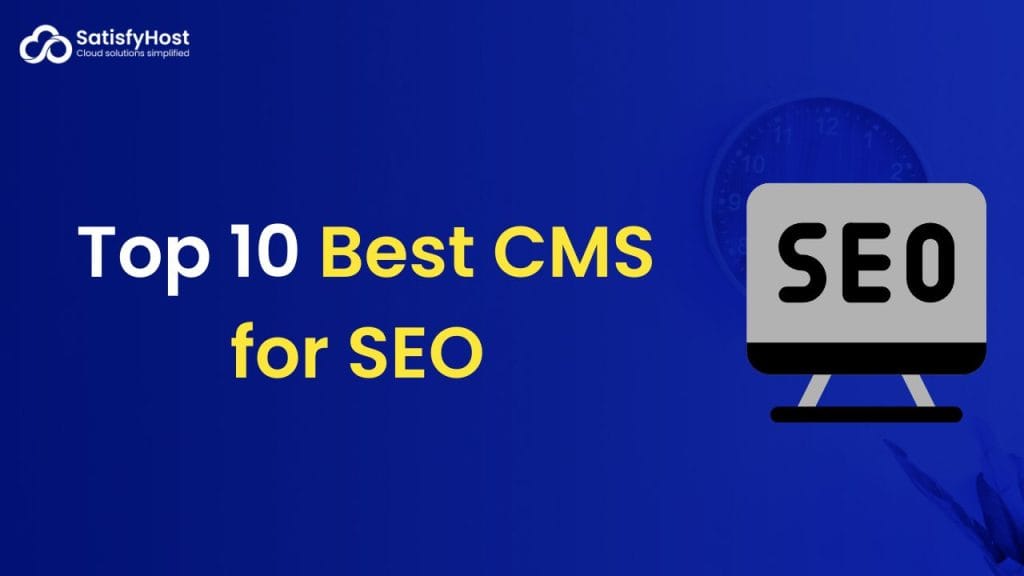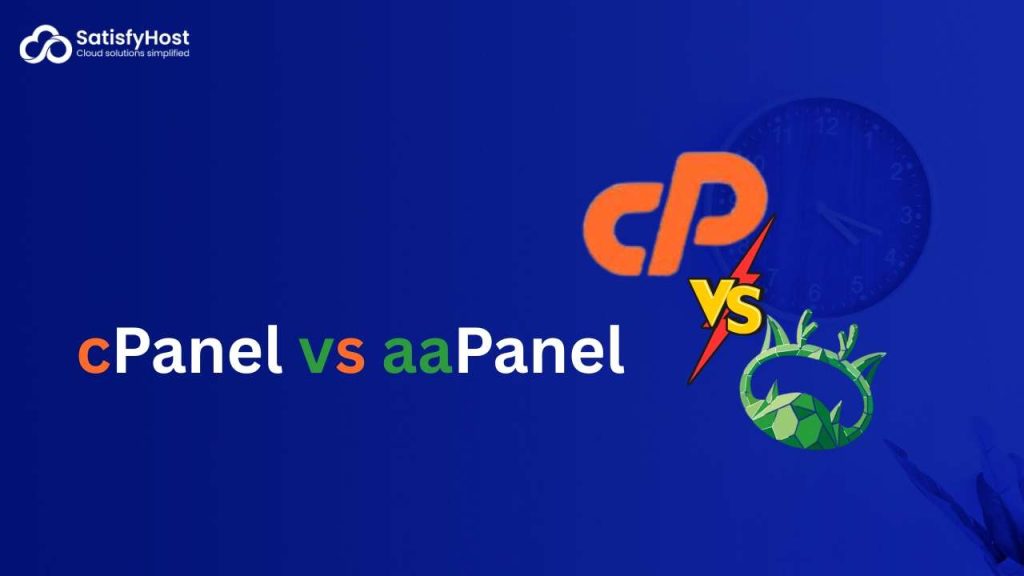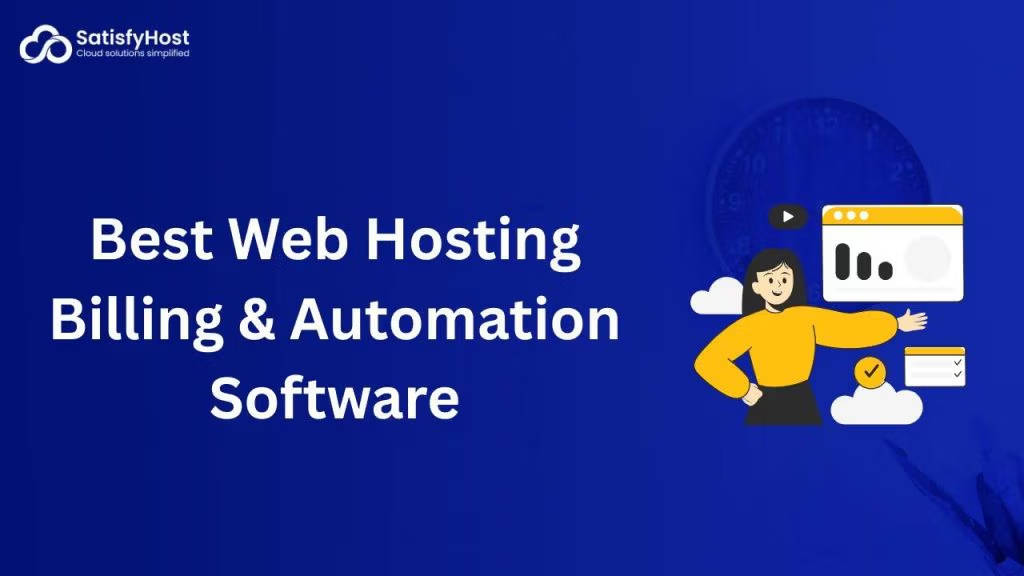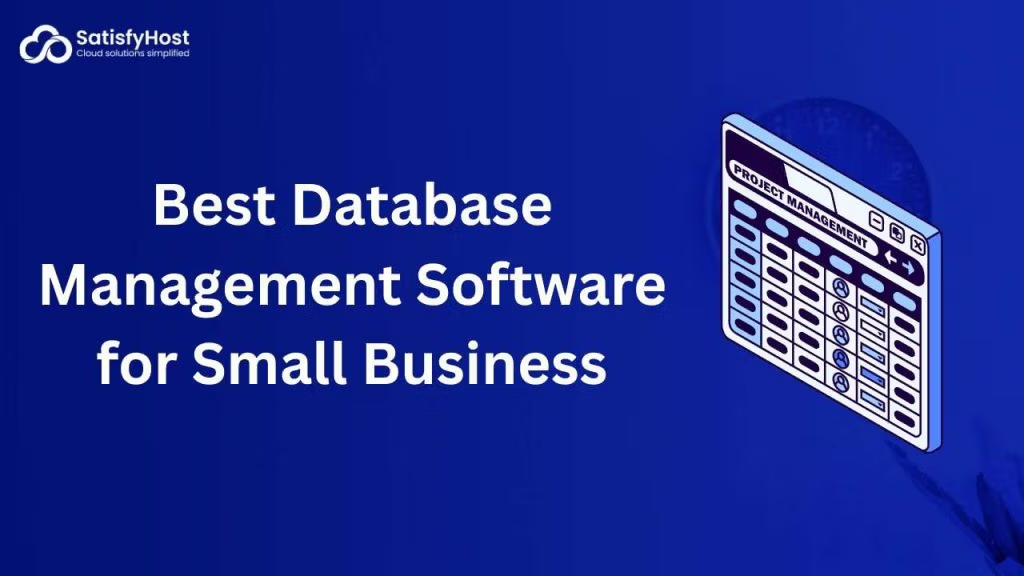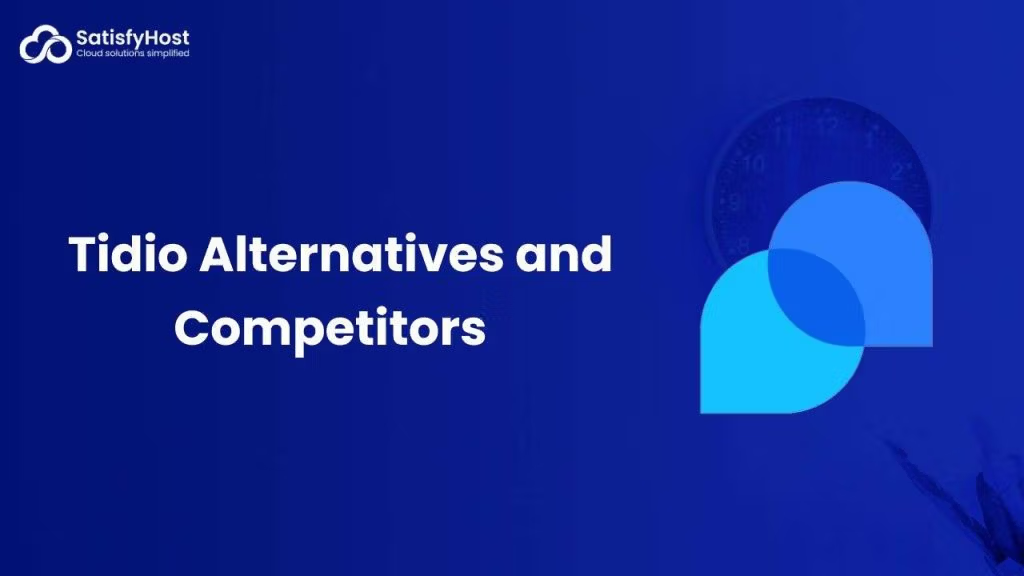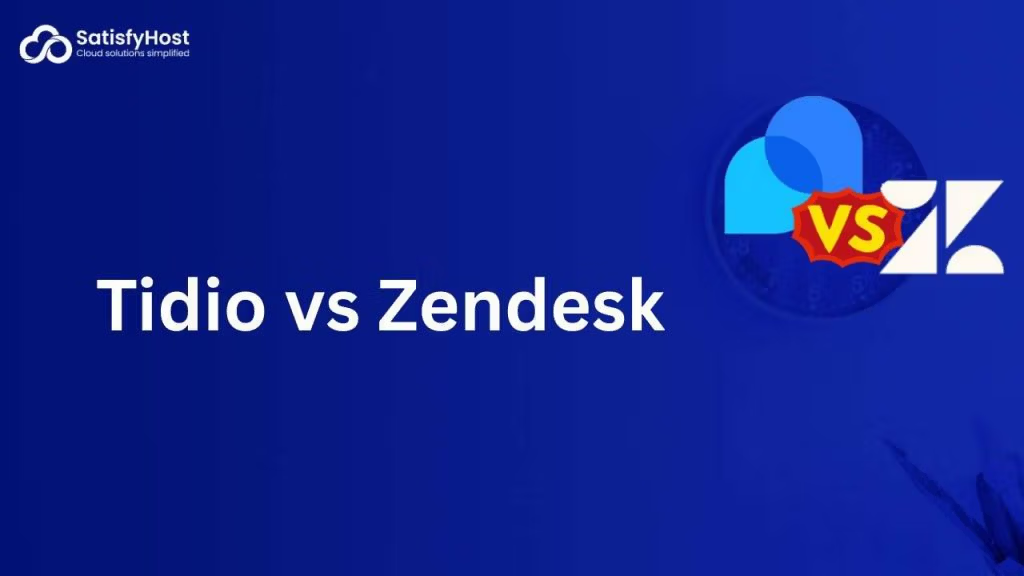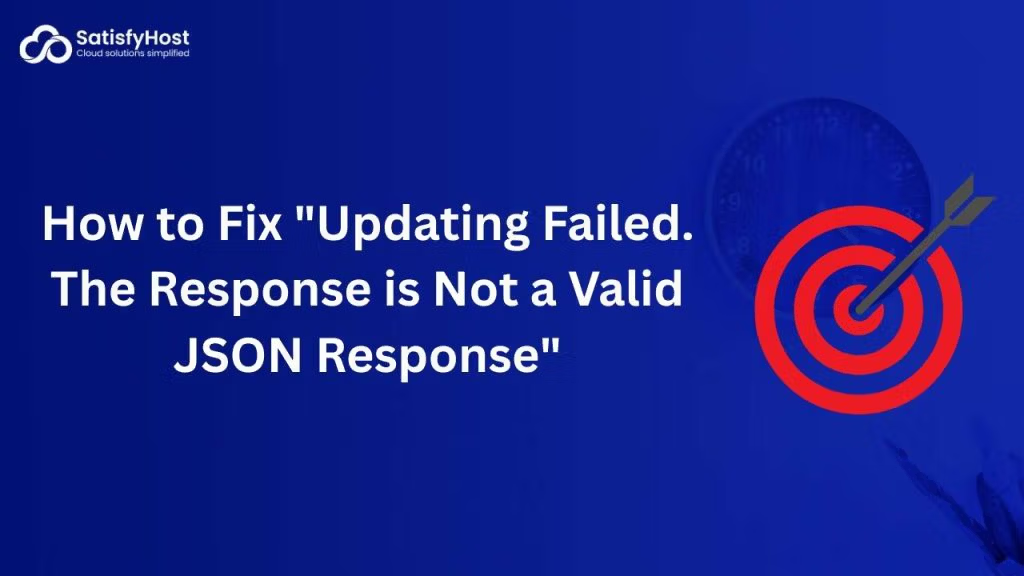In the ever-evolving digital landscape of 2025, where AI-driven search algorithms and Core Web Vitals dominate rankings, having a well-optimized website is more crucial than ever for online success. Search Engine Optimization (SEO) remains a pivotal factor in boosting a site’s visibility on engines like Google, with organic traffic accounting for over 53% of website visits according to recent data. One of the key elements in achieving top rankings is selecting the right Content Management System (CMS).
The best CMS for SEO in 2025 not only streamlines content creation but also enhances user experience, supports AI integrations, and optimizes for speed and mobile performance. With the global CMS market projected to reach USD 45.71 billion by 2030 (growing at an 8.14% CAGR), platforms are evolving to include headless architectures and AI-powered tools. In this comprehensive guide, we’ll explore the 12 best CMS platforms for SEO in 2025.
Table of Contents
What is a CMS and Why SEO Matters in 2025?
A Content Management System (CMS) is a software application that empowers users to create, manage, and modify website content without deep technical expertise. Modern CMS platforms offer features like SEO tools, customizable designs, and intuitive interfaces, making them essential for businesses and creators alike.
In 2025, SEO is vital as it drives organic traffic amid rising competition – with over 8.5 billion daily Google searches. A SEO-optimized CMS simplifies implementing best practices such as meta tags, keyword optimization, mobile responsiveness, and fast loading speeds (critical for Core Web Vitals). According to Google, sites with strong Core Web Vitals see 24% less abandonment. Choosing the right CMS can boost your rankings by 20-30%, as per industry studies, impacting visibility and revenue.
Factors to Consider When Choosing the Best CMS for SEO in 2025
Selecting a CMS for SEO requires evaluating these updated factors, aligned with 2025 trends like AI and headless delivery:
- SEO-Friendly URL Structure – Customizable, clean URLs (e.g., /best-cms-for-seo) aid indexing.
- Mobile Responsiveness – Essential for Google’s mobile-first indexing; 62% of voice searches are mobile.
- Fast Loading Speed – Core Web Vitals prioritize speed; a 1-second delay drops conversions by 7%.
- Customization and Flexibility – Edit meta tags, headers, schema, and integrate AI tools.
- Built-in SEO Features – Sitemaps, schema markup, canonical tags, and AI content suggestions.
- Security and Updates – Regular patches prevent penalties; HTTPS is a ranking factor.
- Third-Party Integrations – Support for Google Analytics, Yoast/Rank Math, Ahrefs.
- AI and Headless Capabilities – For dynamic content and omnichannel SEO.
Headless vs. Traditional CMS: Which is Better for SEO in 2025?
In 2025, CMS choices split into traditional (monolithic) and headless architectures. Traditional CMS like WordPress combine frontend and backend, offering ease but potential bloat. Headless CMS (e.g., Contentful) decouple content from presentation, using APIs for faster, flexible delivery across devices – ideal for SEO with improved speed (up to 50% faster loads) and Core Web Vitals.
Pros of Headless: Scalable, AI-integrated, better for multi-channel (apps, web); supports Jamstack for SEO-friendly static sites.
Cons: Requires developer skills; higher setup cost.
Pros of Traditional: User-friendly, plugin-rich; quick for beginners.
Cons: Slower updates, potential security risks.
For SEO, headless excels in enterprises (e.g., 78% conversion boost via personalization), while traditional suits small sites. Choose based on needs: Headless for future-proofing, traditional for simplicity.
CMS Comparison Table for SEO in 2025
Here’s a data-driven comparison of top CMS, including market share (from W3Techs, [month] 2025), pros/cons, and pricing. Market share reflects usage among sites with identifiable CMS.
| CMS | Market Share | Pros | Cons | Pricing (Starting) |
|---|---|---|---|---|
| WordPress | 60.7% | Plugin-rich, flexible | Security vulnerabilities | Free (hosting extra) |
| Shopify | 6.8% | E-commerce SEO tools | Limited customization | $29/mo |
| Wix | 5.7% | Drag-and-drop ease | Less flexible for advanced | $16/mo |
| Squarespace | 3.4% | Beautiful templates | No plugins | $16/mo |
| Joomla | 2.0% | Multilingual support | Steeper learning curve | Free |
| Drupal | 1.1% | Enterprise-scale | Complex setup | Free |
| Webflow | 1.2% | Design control | Pricing tiers limit free use | Free basic, $14/mo |
| Magento | ~1% (est.) | Advanced e-commerce | Resource-heavy | Free open-source |
| Ghost | 0.1% | Speed-focused | Limited extensibility | $9/mo |
| TYPO3 | 0.6% | Multilingual SEO | IT resources needed | Free |
| HubSpot | 0.3% | Marketing integrations | Limited free features | Free CMS, paid add-ons |
| Contentful | ~0.5% (est.) | Headless flexibility | Developer-focused | Free dev, $489/mo |
(Estimates for unlisted from aggregated sources like Meetanshi and Colorlib).
Best CMS for SEO in 2025
1. WordPress: The Dominant SEO Powerhouse
WordPress leads with 43.3% global usage and 60.7% market share, powering 43% of all websites. Its vast plugins (e.g., Yoast vs. Rank Math – Rank Math offers more features like advanced schema with less bloat, per 2025 comparisons) make it ideal for SEO.

SEO Advantages:
- Custom permalinks for keyword-rich URLs.
- Plugins for schema, internal linking.
- Mobile-responsive themes.
- Multimedia optimization.
Pros: User-friendly; free plugins. Cons: Security issues if not updated. Pricing: Free core; hosting from SatisfyHost starts at $5/mo. Related: 10 Best SEO-Friendly WordPress Themes
2. Wix: Beginner-Friendly with Growing SEO Tools
Wix holds 4.1% usage (5.7% share), up from 0.3% in 2015 due to fast growth. Ideal for small businesses.

SEO Advantages:
- Built-in meta tools, alt tags.
- Mobile optimization.
- Image SEO features.
Pros: Drag-and-drop. Cons: Less flexible. Pricing: $16/mo.
3. Joomla: Flexible for Advanced SEO
1.4% usage (2.0% share).

SEO Advantages:
- Meta control, redirects.
- Multilingual.
- Structured data.
Pros: Fast templates. Cons: Not beginner-friendly. Pricing: Free. Hire developers from Toptal.
4. Shopify: E-commerce SEO Leader
4.8% usage (6.8% share), great for stores.

SEO Advantages:
- SSL, fast loads.
- Product optimization.
- Mobile-first.
Pros: Secure. Cons: E-commerce focused. Pricing: $29/mo. Read: 10 Best E-Commerce business Ideas
5. Drupal: Enterprise SEO Specialist
0.8% usage (1.1% share), leads 5.8% of top 100k sites.

SEO Advantages:
- Metadata control.
- Caching for speed.
- Large-scale support.
Pros: Powerful modules. Cons: Complex. Pricing: Free.
6. Webflow: Design-Meets-SEO
0.9% usage (1.2% share).

SEO Advantages:
- Custom SEO fields.
- Auto sitemap.
- SSL.
Pros: Visual design. Cons: Learning curve. Pricing: Free basic, $14/mo.
7. Squarespace: Simple All-in-One
2.4% usage (3.4% share).

SEO Advantages:
- Google integrations.
- Clean URLs.
- Mobile templates.
Pros: Beginner-friendly. Cons: No deep SEO. Pricing: $16/mo.
8. Magento (Adobe Commerce): E-commerce Giant
~1% share (estimated from trends).

SEO Advantages:
- Product optimization.
- Canonical tags.
- Google tools.
Pros: Inventory management. Cons: Heavy. Pricing: Free open-source, enterprise varies. Read: Online Store Setup Guide
Tips: Get a fast, secure, and scalable solution for your online store with Magento hosting.
9. Ghost: Speedy for Bloggers
0.1% usage (0.1% share).

SEO Advantages:
- Auto meta/sitemaps.
- AMP support.
- Fast loads.
Pros: Minimalist. Cons: Less extensible. Pricing: $9/mo. Read: Blogger Guide
10. TYPO3: Multilingual Enterprise
0.4% usage (0.6% share).

SEO Advantages:
- Meta/URL control.
- Multilingual.
- Fast performance.
Pros: Scalable. Cons: IT-heavy. Pricing: Free.
11. HubSpot: Marketing-Integrated CMS
0.2% usage (0.3% share), excels in marketing SEO.

Why HubSpot for SEO? Integrates CRM with CMS for lead-optimized content.
SEO Advantages:
- Analytics dashboard.
- Forms/live chat for engagement.
- E-commerce integrations (e.g., Shopify).
Pros: Free hosting, no-code. Cons: Premium for advanced. Pricing: Free CMS; add-ons from $20/mo.
12. Contentful: Best Headless CMS for SEO
~0.5% share (estimated, popular in headless trends).

Why Contentful? API-driven for omnichannel, AI content generation.
SEO Advantages:
- Modular updates for speed.
- Personalization boosts conversions 78%.
- Integrations for schema.
Pros: Scalable, AI actions. Cons: Developer-needed. Pricing: Free dev tier; $489/mo pro.
2025 SEO Trends in CMS: AI, Core Web Vitals, and Beyond
In 2025, CMS trends focus on AI integration (e.g., Kontent.ai for content creation) and headless like Strapi/Sanity for performance. AI-powered SEO in platforms like Optimizely optimizes Core Web Vitals automatically. RebelMouse emphasizes cybersecurity and vitals for peak SEO. For tools, Rank Math edges Yoast with superior schema and keyword tracking (up to 500 vs. 5). Prioritize CMS with these for future-proof rankings.
How to Optimize Any CMS for Better SEO in 2025?
Follow these expanded best practices:
- SEO-Friendly URLs: Include keywords; use tools like Ahrefs for research.
- Page Titles/Meta: Keyword-rich; aim for 50-60 chars titles.
- Site Speed: Cache, compress images (e.g., via Smush); test with PageSpeed Insights.
- Mobile Responsiveness: Use responsive themes; test on devices.
- High-Quality Content: Answer queries; integrate AI for ideas.
- Structured Data: Add schema via plugins – how-to: Use JSON-LD for FAQs/reviews to enable rich snippets.
- Image Optimization: Alt text, compression; lazy loading.
- Security: HTTPS; update CMS – prevents penalties.
- Monitor: Google Analytics/Search Console; track vitals.
- AI Integration: Use Content AI in Rank Math for suggestions.
- Backlinks: Build via guest posts; host on reliable providers like SatisfyHost for uptime.
Choosing the right CMS transforms SEO. WordPress dominates, but Shopify/Magento shine for e-commerce, and headless like Contentful for advanced. Balance UX and SEO for 2025 success.
FAQs About SEO-Friendly CMS in 2025
Which CMS is best for SEO beginners?
WordPress, with plugins like Rank Math (superior to Yoast for features).
Can I use Shopify for SEO?
Yes, with SSL and product tools boosting rankings.
Is Webflow good for SEO?
Yes, with custom fields and sitemaps.
What CMS for large-scale websites?
Drupal or TYPO3 for complexity.
Can you optimize SEO on Squarespace?
Yes, built-in for small sites.
Which CMS is fastest for loading?
Ghost/Webflow, optimizing vitals.
Does SSL affect SEO?
Yes, a key factor; most offer it.
How important is mobile responsiveness in 2025?
Crucial; mobile-first ranks higher.
Can I switch CMS without affecting SEO?
Yes, with 301 redirects and migration.
Do I need coding for SEO on CMS?
No, built-in tools suffice.
What is a Headless CMS?
Decoupled system for API content delivery, like Contentful, improving speed/SEO.
Yoast vs. Rank Math: Which for WordPress SEO?
Rank Math: More features, better schema, less bloat.
Best Headless CMS for SEO 2025?
Contentful or Strapi for AI and vitals.


